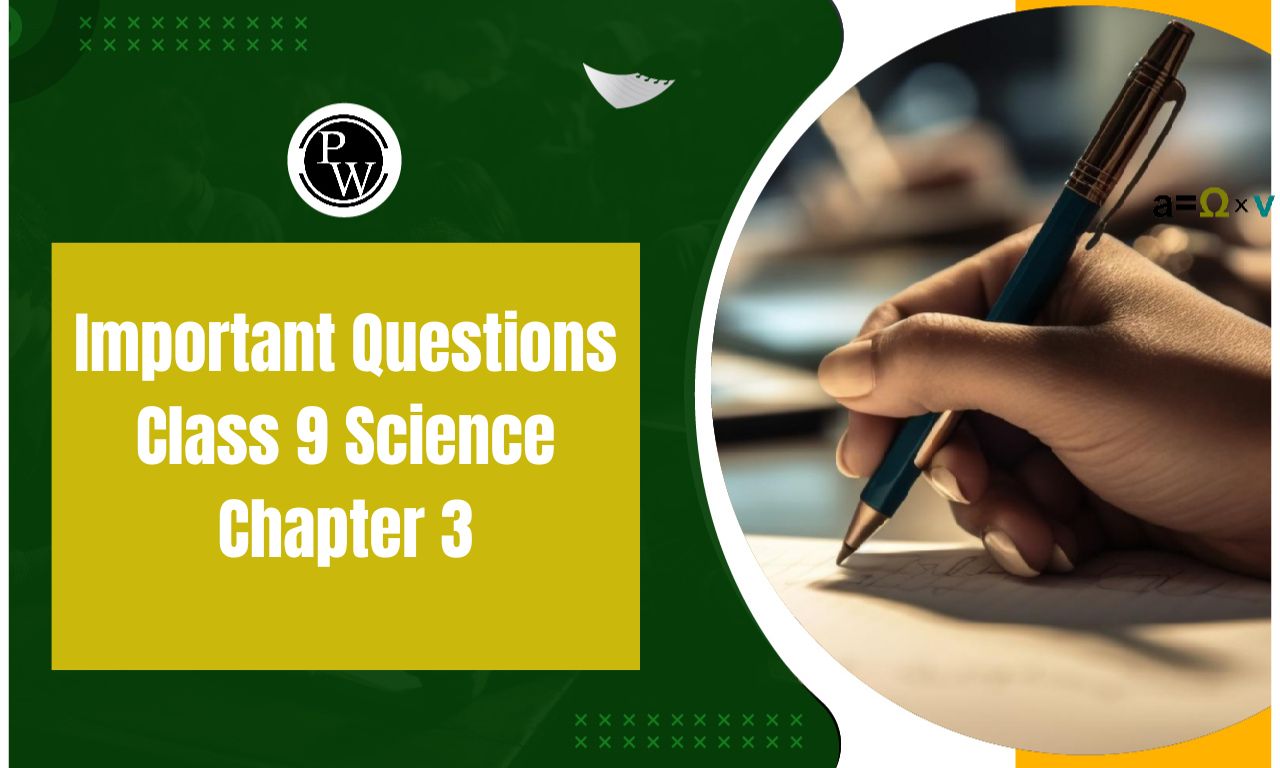
English Tenses
The sentences "I come yesterday" and "Tomorrow, I came" contain errors in their tenses. In English, tenses play a vital role and mastering them is crucial for proficiency in the language. These sentences are incorrect because they mix past, present, and future tenses inappropriately. Verb tenses indicate the time at which an action occurs—past, present, or future. Understanding verb tenses thoroughly is essential to communicate accurately and fluently in English. Delve into the following explanation to gain a deeper understanding of verb tenses.
What is English Tenses?
English tenses refer to the grammatical structure used to indicate the time of an action or state of being in a sentence. Tenses in English allow speakers and writers to convey when something happens—whether in the past, present, or future. There are three primary tenses: past, present, and future. Each tense has its own variations to indicate continuous actions, completed actions, ongoing actions, and more. Understanding and using tenses correctly is crucial for clear and accurate communication in English.
English Tenses Examples: Verb Tenses Chart
Here are examples of English tenses:| Tense Type | Structure | Example |
|---|---|---|
| Present Simple | Subject + Base Verb | She sings every morning. |
| Present Continuous | Subject + "be" verb + Verb + "ing" | They are playing football. |
| Present Perfect | Subject + "have/has" + Past Participle | I have finished my work. |
| Past Simple | Subject + Past Tense Verb | He traveled to Paris last summer. |
| Past Continuous | Subject + "was/were" + Verb + "ing" | She was reading when I called. |
| Past Perfect | Subject + "had" + Past Participle | They had already left when I arrived. |
| Future Simple | Subject + "will/shall" + Base Verb | They will arrive tomorrow. |
| Future Continuous | Subject + "will be" + Verb + "ing" | She will be studying at 8 PM. |
| Future Perfect | Subject + "will have" + Past Participle | By next year, I will have learned French. |
What Does the Word ‘Tense’ Mean?
English Tenses FAQs
What are English Tenses?
How many tenses are there in English?
Why are English tenses important?
What is the difference between simple, continuous, perfect, and perfect continuous tenses?
How can I improve my understanding of English tenses?










